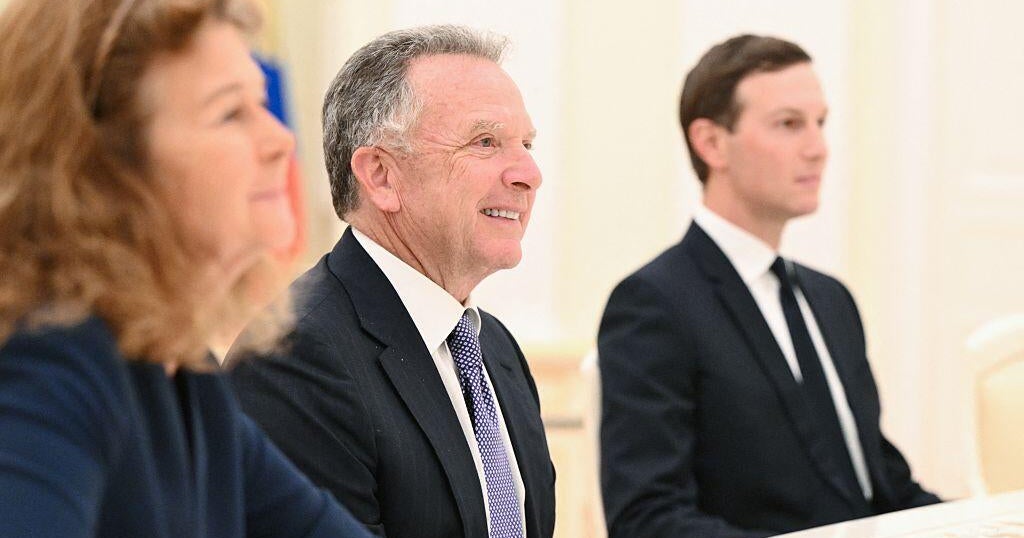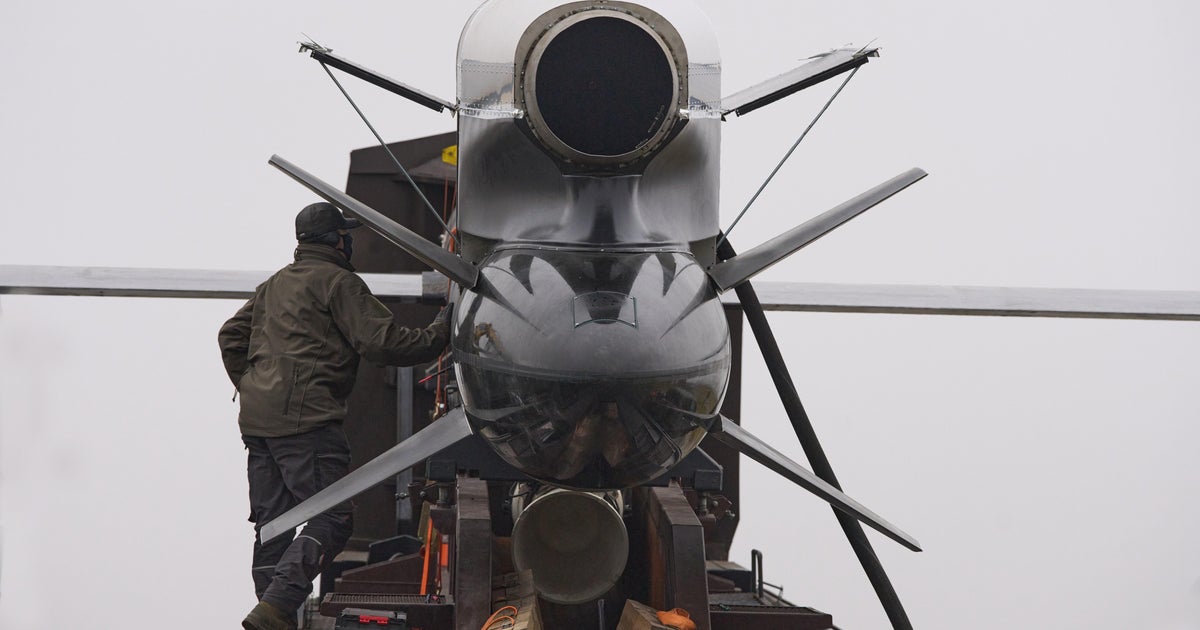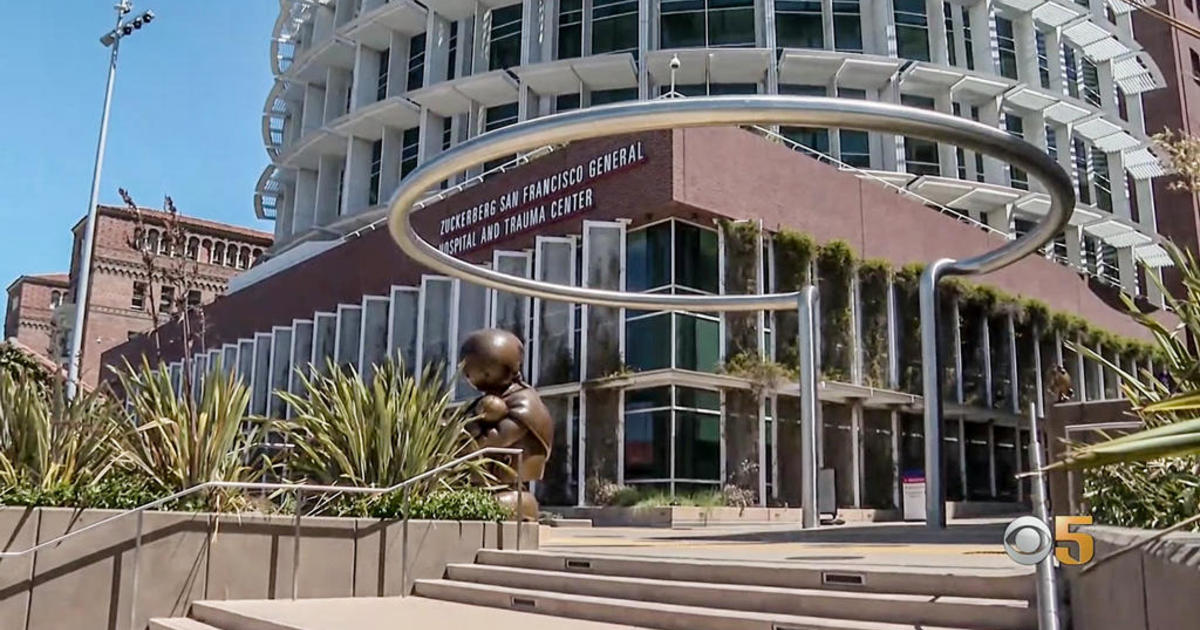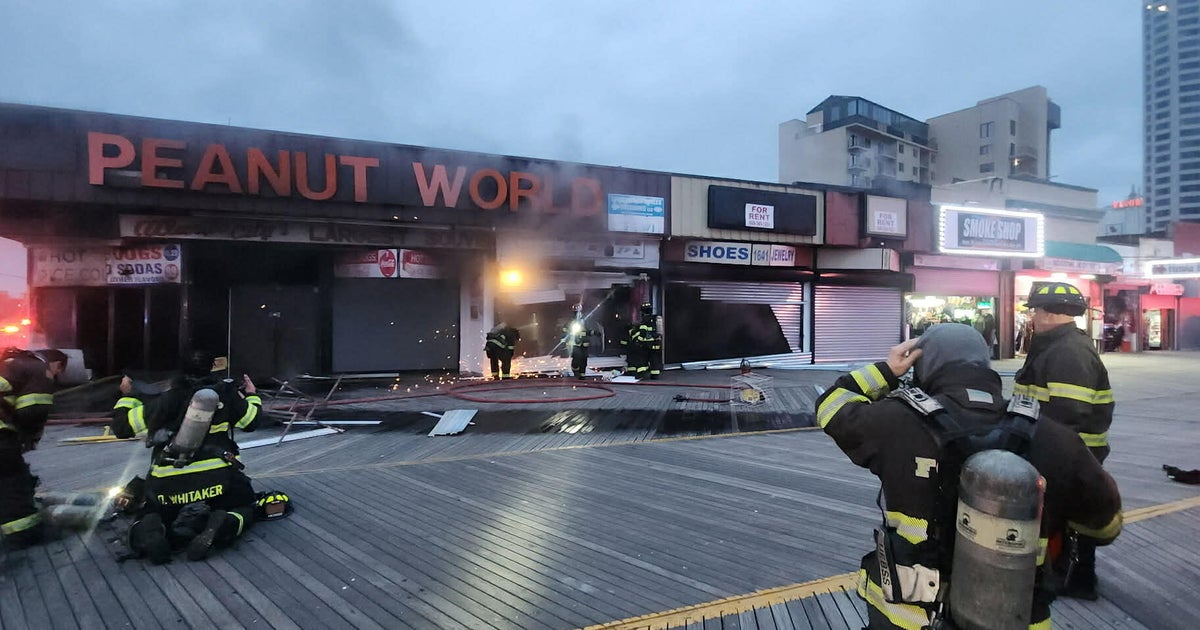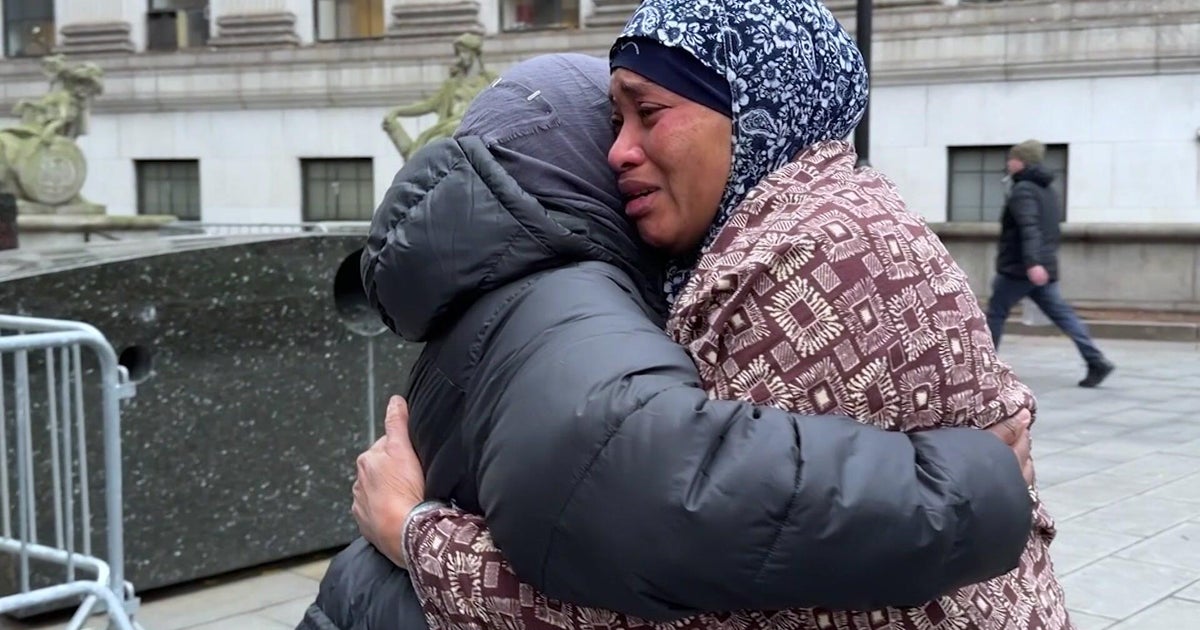U.N. votes overwhelmingly for humanitarian access to Ukraine, demands Russian hostilities end
United Nations – The 193-nation U.N. General Assembly voted overwhelmingly on Thursday to demand an immediate cessation of hostilities by Russia against Ukraine and to increase humanitarian access to protect civilians fleeing the bombardment and for food and medicine to get into the war-torn nation.
The resolution passed by greater than the needed two-thirds majority, with 140 votes in favor, five votes against, and 38 nations abstaining.
Introduced by Ukraine and supported by the U.S. and dozens of other nations, the resolution deplores the "dire humanitarian consequences of the hostilities by the Russian Federation against Ukraine, including the besiegement of and shelling and air strikes in densely populated cities of Ukraine, in particular Mariupol, as well as attacks striking civilians, including journalists."
It also condemns attacks on civilian facilities, "in particular schools and other educational institutions, water and sanitation systems, medical facilities and their means of transport and equipment, and the abduction of local officials…"
The language of the measure was forceful, criticizing Russia's "military offensive … inside the sovereign territory of Ukraine and its humanitarian consequences" on a scale that the international community "has not seen in Europe in decades."
The resolution adopted Thursday includes the need for the "full implementation" of the resolution passed earlier in March by the General Assembly demanding that Russia "immediately, completely and unconditionally withdraw all of its military forces from the territory of Ukraine within its internationally recognized borders." As such, the measure again made the critical point that Russia is isolated in the world — but it also exposed the world's failure to force Russia to change its path.
European Union Ambassador Olof Skoog, after the vote, said, "I believe that the General Assembly has, again, taken a very important decision to ask for a cessation of hostilities, to ensure that humanitarian aid can come through to the people who need it, and that those who want to leave will have a safe passage out of the besieged part of Ukraine."
President Biden's U.N. envoy, Ambassador Linda Thomas-Greenfield, told reporters after the resolution was adopted that "Russia has tried and failed — in the U.N. Security Council, and in partnership with others here in the General Assembly — to undermine Ukraine at every turn … but this week, once again, the United States and other nations across the globe have stood together in solidarity with Ukraine to hold Russia accountable."
"Look at the large numbers of Ukrainians who have been forced from their homes — more 3.5 million have crossed the border — but up to 10 million total, including that 3 million, have been forced out of their homes. There's no neutral ground," she said of the abstentions.
To CBS News' question about the impact of the vote, she said, "Absolutely it will have an impact on the ground, because it's going to give encouragement to the Ukrainian people. But even more importantly, I think it identifies for all of us what we need to do to support Ukraine with humanitarian assistance."
U.N. General Assembly resolutions are not enforceable but they can carry widespread political weight and because of that, Russia tried to block the passage of the measure, first by threatening a veto when it was introduced in the Security Council and later when it introduced a rival resolution in the Security Council. Russia's measure, which withheld criticism of its own attacks, failed 13-2 on Wednesday, with only China lending support.
On the ground in Ukraine
U.N. agencies are carrying the lion's share of humanitarian response to the crisis, including aiding with the needs of refugees, internally displaced persons and with the wounded. But the U.N.'s effort to help bring an end to the war has not made progress.
One month into the Russian war on Ukraine, U.N. Secretary General Antonio Guterres told reporters that the war is "unwinnable."
He spoke of "appalling human suffering and destruction in cities, towns and villages and the terrorizing of civilians through systematic bombardments, the shelling of hospitals, schools, apartment buildings and shelters."
The number of Ukrainian refugees is now at almost 3.7 million civilians, mainly women and children, with 10 million Ukrainians currently displaced from their homes.
Guterres has been an outspoken critic of Russia's attack, and he has spoken to most of the world leaders involved, including Ukraine's President Volodymyr Zelenskyy, but Russia's President Vladimir Putin will not take his call, a U.N. diplomat said.
"The Russians have made it clear that at this point, they are not interested in the Secretary General's mediation offers," another U.N. official who works closely with the U.N. chief, told CBS News.
As President Biden and European leaders meet in Brussels, Thomas-Greenfield was asked what happens next.
"Ending the war. That is what's next," she said.
"The humanitarian situation in Ukraine is grave, scores of innocent civilians, including children, have been killed and injured. And it is worsening by the hour," Canada's Ambassador to the U.N. Bob Rae told diplomats.
